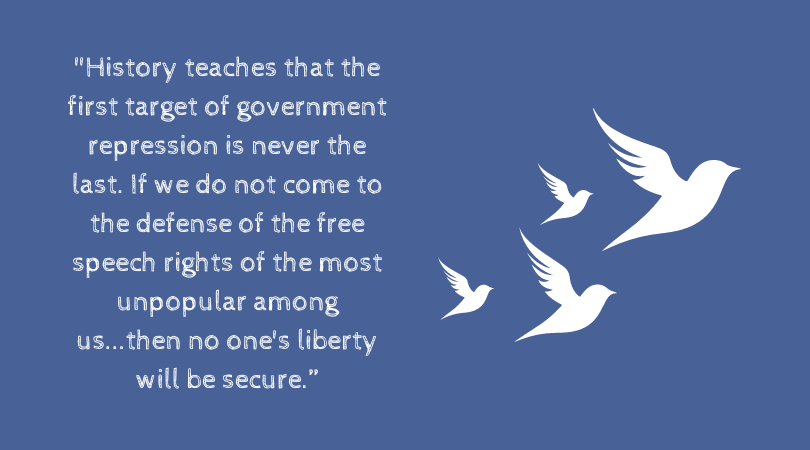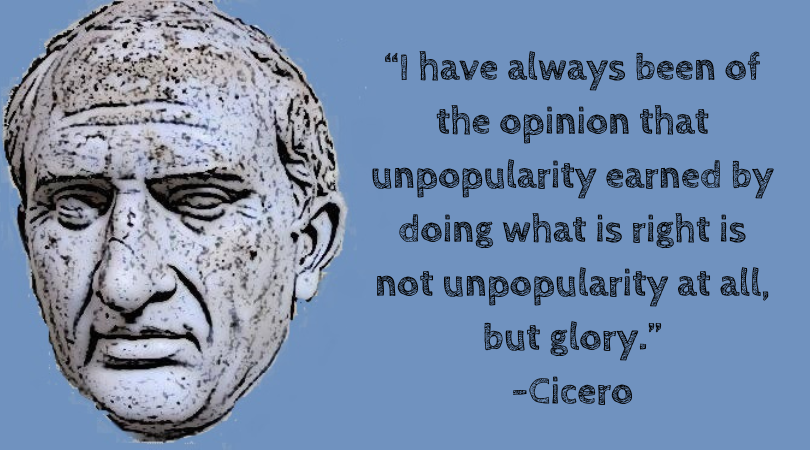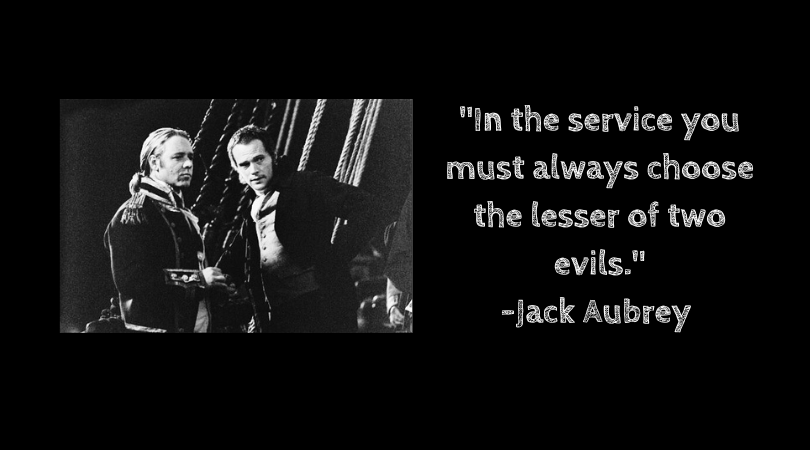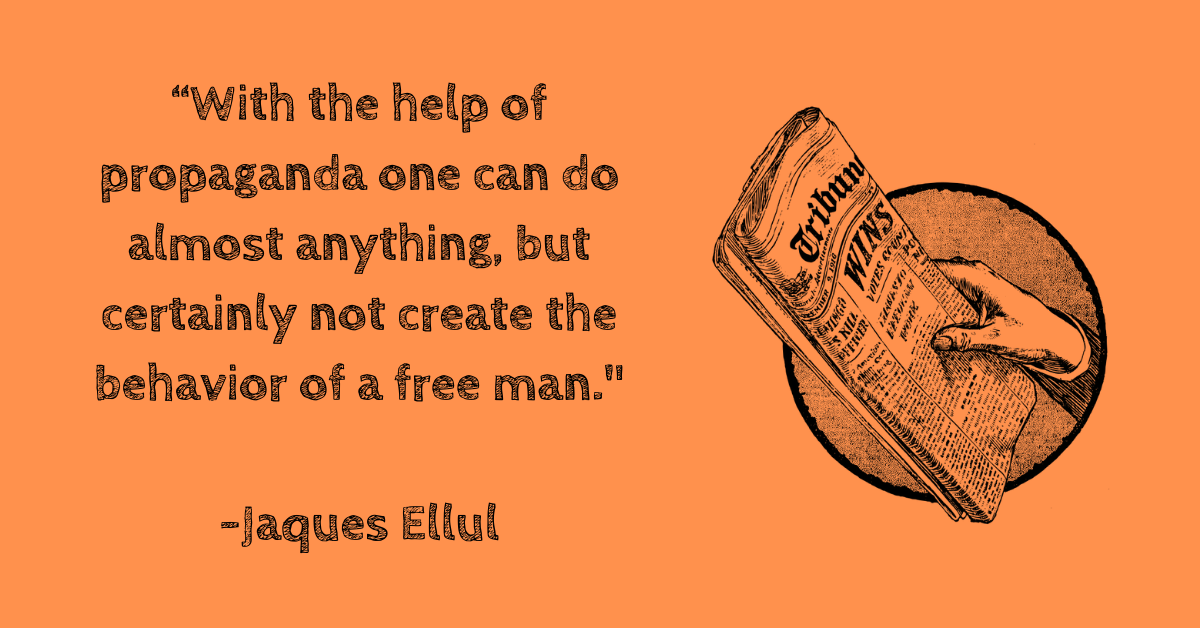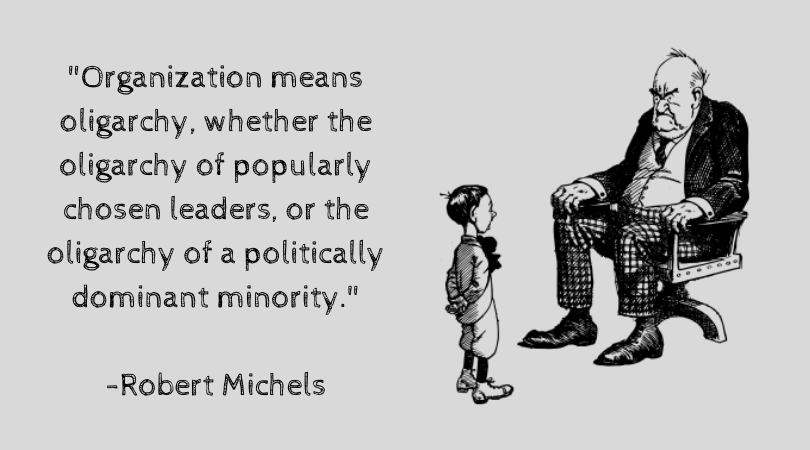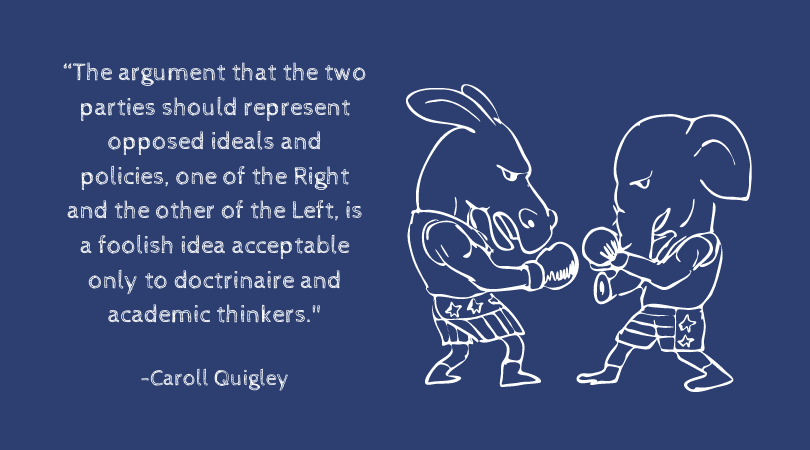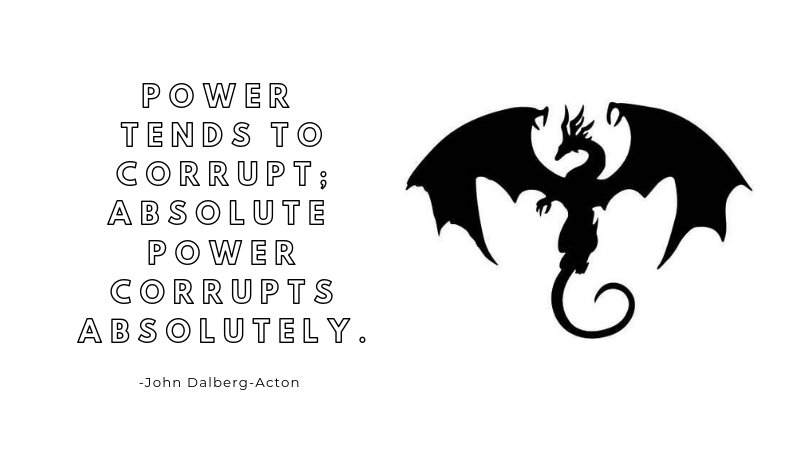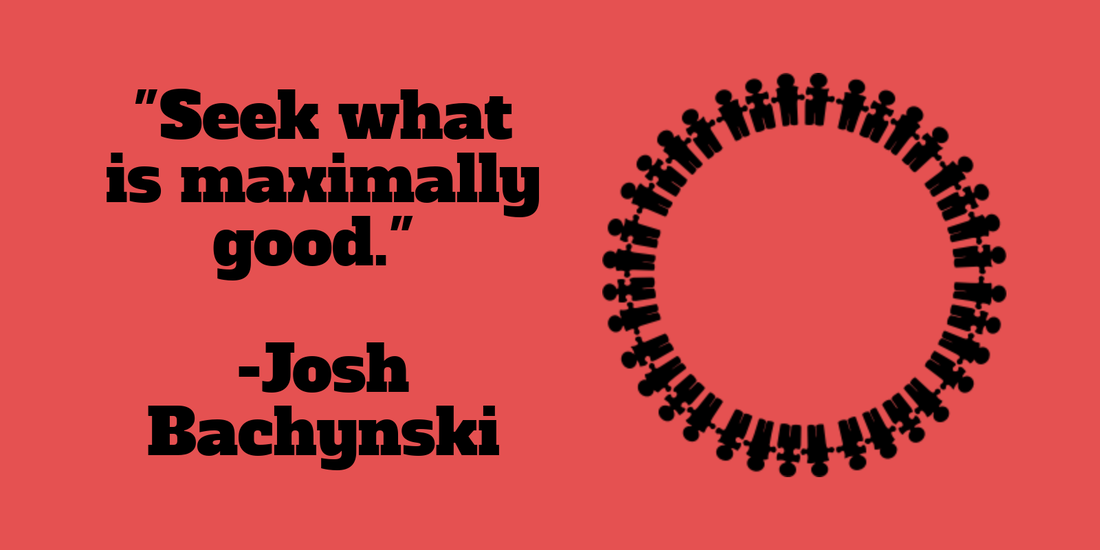Also, and I'm not going to mince words here, many people today who should know better are cowards and ideologues. Even most "liberals," no longer have the stomach to defend freedom of speech when it is used by someone they disagree with. People often argue that, "Hate speech isn't free speech," or, "We should crack down on misinformation." The problem is, it doesn't work like that. Free speech is all or nothing. The American Civil liberties Union historically held that:
"History teaches that the first target of government repression is never the last. If we do not come to the defense of the free speech rights of the most unpopular among us...then no one's liberty will be secure. In that sense, all First Amendment rights are 'indivisible.'"
Setting aside the thorny issue of what actually constitutes offensive speech, it's important to understand that we don't tolerate offensive speech because we agree with it. We tolerate offensive speech because that is the price we pay for being able to criticize the state. This is a key point to understand. In what follows, I'll break this point down, as well as the 3 other important reasons why freedom of speech is misunderstood today:

